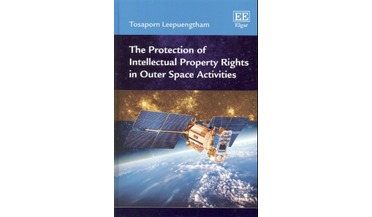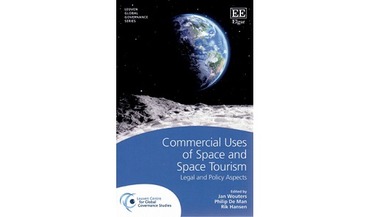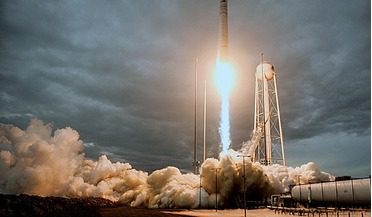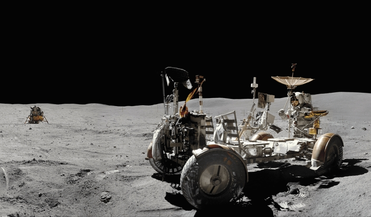 04 February 2018
The Protection of Intellectual Property Rights in Outer Space Activities
04 February 2018
The Protection of Intellectual Property Rights in Outer Space Activities
... subject of who owns the Moon and other celestial bodies has been under discussion, by space lawyers at least, since the signing of the Outer Space Treaty in 1967; the typical answer has always been ‘no-one owns outer...
 11 October 2018
Commercial Uses of Space and Space Tourism: legal and policy aspects
11 October 2018
Commercial Uses of Space and Space Tourism: legal and policy aspects
... in this multi-author tome) a decent index. Although the book includes the inevitable background on the Outer Space Treaty and the spaceflight liability regime, it covers present-day concerns about large satellite constellations and...
 May 2017
Future space applications and their regulatory needs
May 2017
Future space applications and their regulatory needs
... orbit are being proposed as well. Our digital world is connected by these orbital broadcasting systems. The landmark space treaties of 50 years ago are now relics of a past world Remote sensing satellites provide us with a view back on our...
 January 2018
Space nation's first orbiting satellite
January 2018
Space nation's first orbiting satellite
... of the boundaries of exisiting legislation, such as the Outer Space Treaty which was ratified in 1967. Freedom of exploration and the use of outer space is not only allowed by the Treaty (and the 1963 Declaration of Legal Principles Governing the...
 February 2021
Supporting sustainable lunar development
February 2021
Supporting sustainable lunar development
...instead can evolve from the bottom up and adapt to changing circumstances. It supports the existing 1967 Outer Space Treaty (OST), helping prevent territorial appropriation of the Moon and promoting international cooperation. It also aligns well with...
 April 2021
Managing the Moon - a model for engaging with planetary environments
April 2021
Managing the Moon - a model for engaging with planetary environments
..., with at least 10 missions scheduled before the end of 2021. International treaties such as the Outer Space Treaty (OST) are clear that no territorial claims can be made in space, but the legality of resource extraction is less clear. This position...